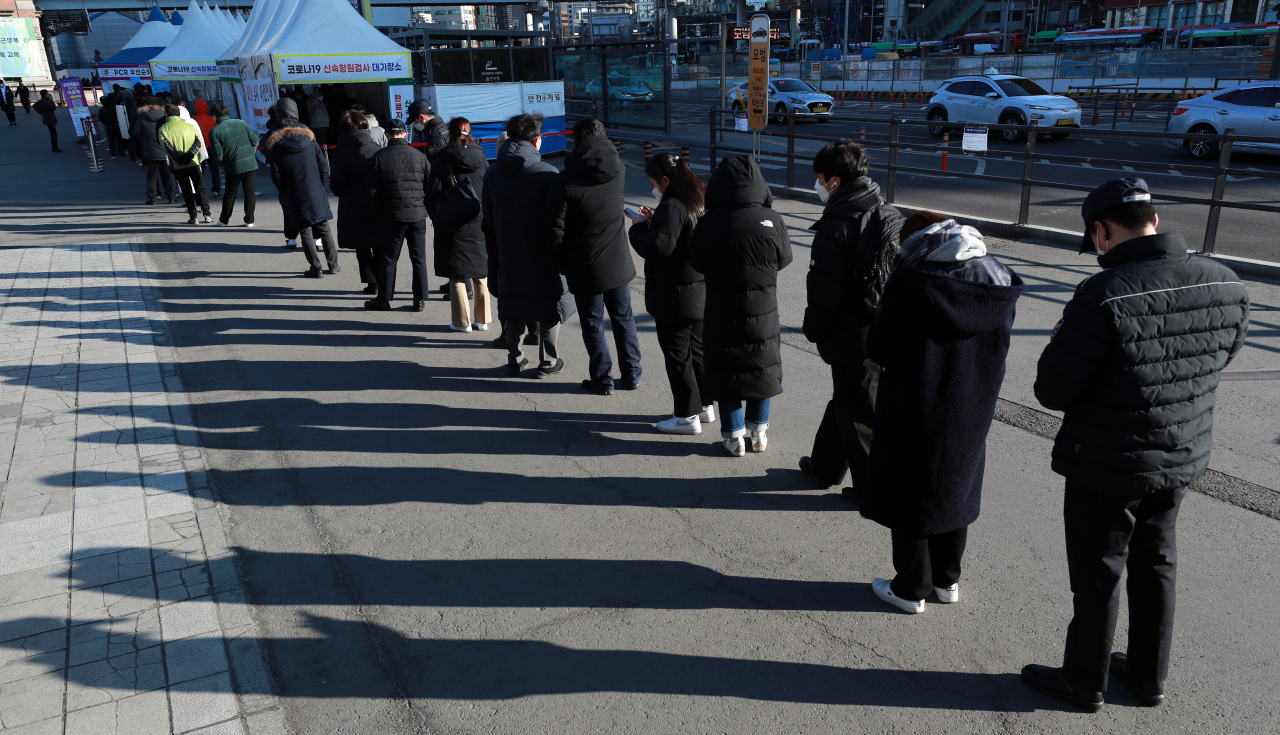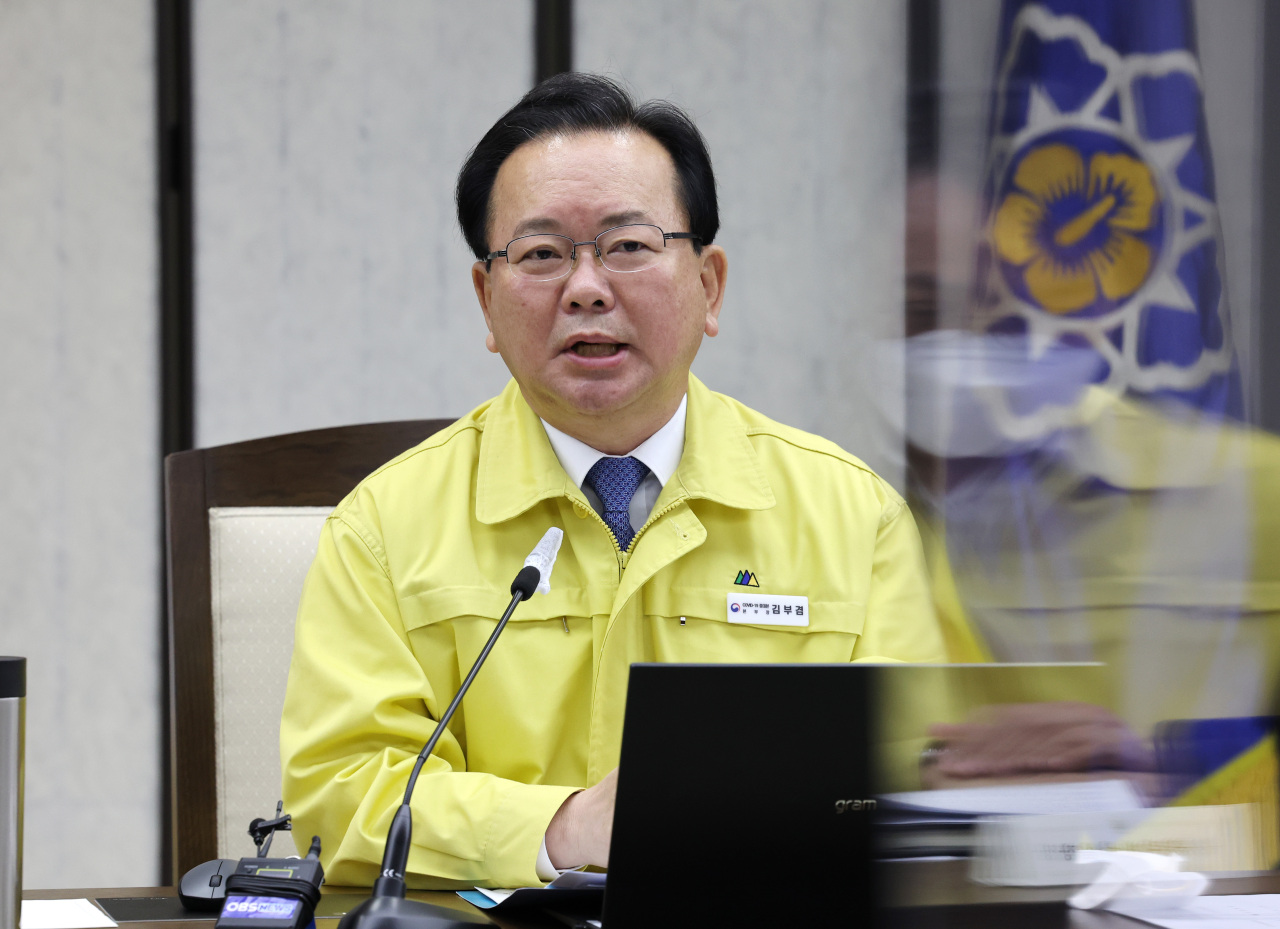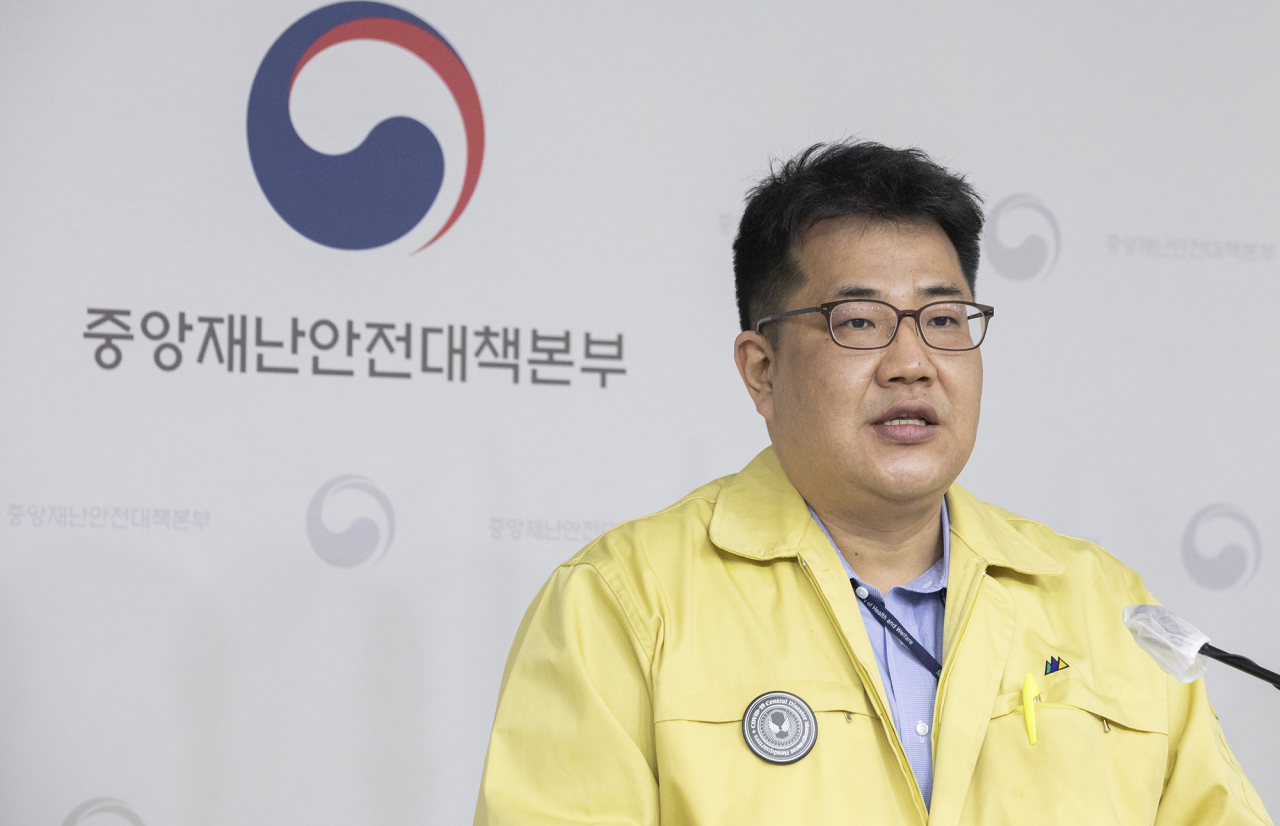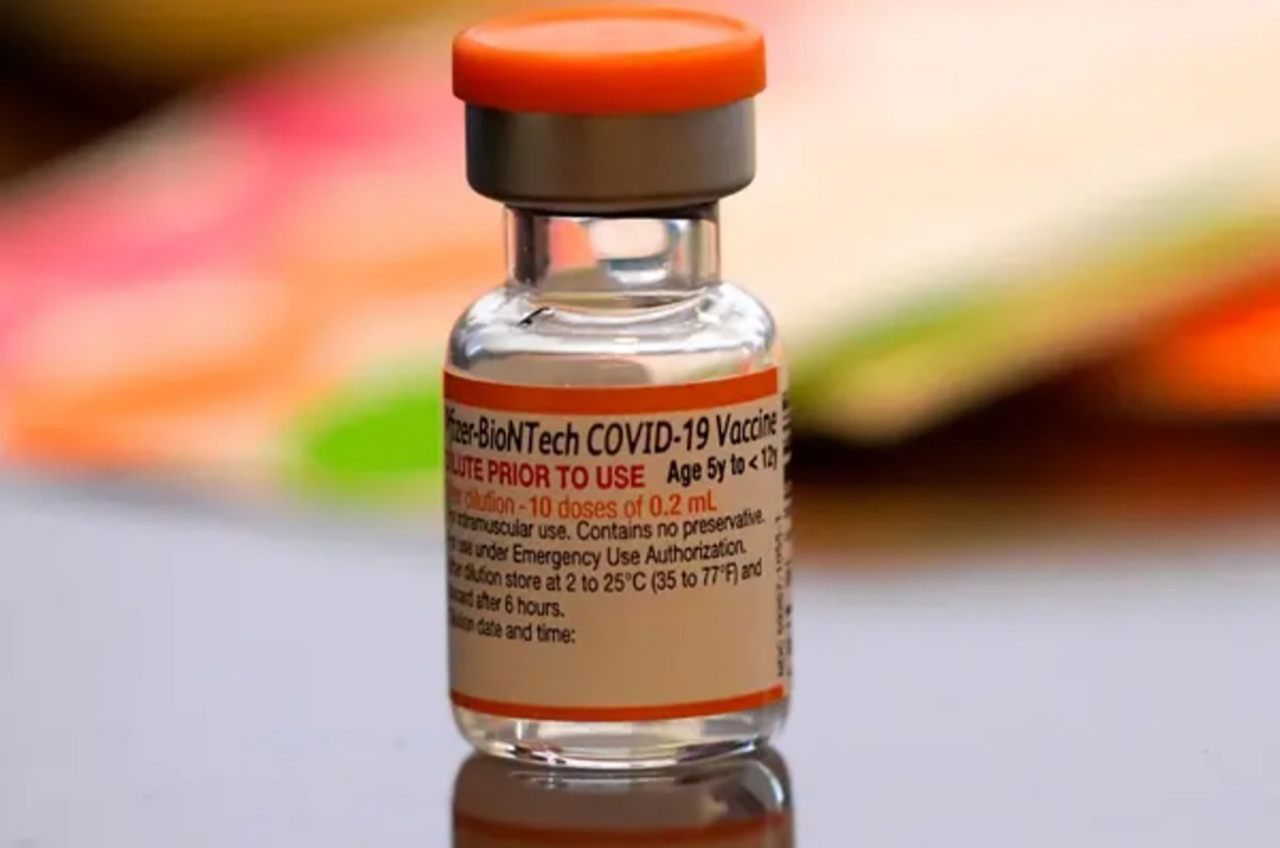Cases surge to 170,000, outpacing government projections
Authorities try to reassure people as Korea steps into new state of pandemic
By Im Eun-byelPublished : Feb. 23, 2022 - 15:46

South Korea on Wednesday reported more than 170,000 new COVID-19 cases, outpacing the government’s earlier estimates. Despite the record figure, authorities tried to reduce some of the pandemic panic, stressing the virus crisis is under control.
The Central Disaster and Safety Countermeasures said a total of 171,452 cases had been confirmed as of Tuesday midnight, raising the total caseload to 2,329,182.
On Monday, the government announced it expects the peak of the omicron variant spread to come sometime from late-February to mid-March, reaching between 140,000 and 270,000.
The surge came faster than expected, as the infection number entered the suggested range just two days after the announcement.
The number of patients in serious condition also rose to 512, higher than the 480 from the day before. Though the number had stayed in the 200s for most of this month, it hit the 500 bar Wednesday.
Most patients except for those in serious condition or at high risk are undergoing remote care at home. There are 521,294 are patients isolating at home as of Wednesday.
A total of 550,208 people were tested at testing stations Tuesday. The positive rate was 29.3 percent.
Despite the rapid spread of the virus, the government stressed there was no need to panic, as serious cases were being managed stably.
The Central Disaster and Safety Countermeasures said a total of 171,452 cases had been confirmed as of Tuesday midnight, raising the total caseload to 2,329,182.
On Monday, the government announced it expects the peak of the omicron variant spread to come sometime from late-February to mid-March, reaching between 140,000 and 270,000.
The surge came faster than expected, as the infection number entered the suggested range just two days after the announcement.
The number of patients in serious condition also rose to 512, higher than the 480 from the day before. Though the number had stayed in the 200s for most of this month, it hit the 500 bar Wednesday.
Most patients except for those in serious condition or at high risk are undergoing remote care at home. There are 521,294 are patients isolating at home as of Wednesday.
A total of 550,208 people were tested at testing stations Tuesday. The positive rate was 29.3 percent.
Despite the rapid spread of the virus, the government stressed there was no need to panic, as serious cases were being managed stably.

“The omicron variant is reaching its peak, but there will be reform on the disease control and prevention policies including social distancing when the government can say that we are able to stably manage deaths and patients in serious condition,” Prime Minister Kim Boo-kyum said.
“We have the system to respond to the omicron variant,” Kim said. “Though the public caution regarding infectious disease control and prevention should be maintained and related policies should be carried out properly, there is no reason to be panic just because of the number of confirmed cases.”
He added, the government would station some 6,500 extra workers at public health centers, which are under strain due to the at-home care duties.
The infectious disease control and prevention authorities showed a similar response, saying the omicron spread could be “a positive factor.”
“We have the system to respond to the omicron variant,” Kim said. “Though the public caution regarding infectious disease control and prevention should be maintained and related policies should be carried out properly, there is no reason to be panic just because of the number of confirmed cases.”
He added, the government would station some 6,500 extra workers at public health centers, which are under strain due to the at-home care duties.
The infectious disease control and prevention authorities showed a similar response, saying the omicron spread could be “a positive factor.”

“In the short term, a rapid increase of confirmed cases can be dangerous as it could lead to a higher number of patients in serious condition and deaths,” Son Young-rae, spokesperson for the Ministry of Health and Welfare said Wednesday through a press briefing.
“But in the long-term, the omicron spread, which has a relatively low fatality rate compared to delta, could be interpreted as a positive factor for the return to normalcy,” Son said.
“We are at a situation where we have to minimize the number of patients in serious condition and deaths through a stabilized medical care system,” he said.
Meanwhile, the Ministry of Food and Drug Safety has approved Pfizer’s COVID-19 vaccine for children.
“But in the long-term, the omicron spread, which has a relatively low fatality rate compared to delta, could be interpreted as a positive factor for the return to normalcy,” Son said.
“We are at a situation where we have to minimize the number of patients in serious condition and deaths through a stabilized medical care system,” he said.
Meanwhile, the Ministry of Food and Drug Safety has approved Pfizer’s COVID-19 vaccine for children.

Though new approval involves the same Pfizer vaccine used for adults and those aged between 12 and 17, one-third of the usual dose will be administered to children aged 5-11. A second injection will be administered 21 days after the first, the ministry said.
According to the ministry, the side effects observed in a clinical trial study submitted by Pfizer Korea were usually mild or moderate.
The Ministry of Health and Welfare is to make an announcement on the detailed plan for the inoculation.
According to the ministry, the side effects observed in a clinical trial study submitted by Pfizer Korea were usually mild or moderate.
The Ministry of Health and Welfare is to make an announcement on the detailed plan for the inoculation.








![[Graphic News] More Koreans say they plan long-distance trips this year](http://res.heraldm.com/phpwas/restmb_idxmake.php?idx=644&simg=/content/image/2024/04/17/20240417050828_0.gif&u=)
![[KH Explains] Hyundai's full hybrid edge to pay off amid slow transition to pure EVs](http://res.heraldm.com/phpwas/restmb_idxmake.php?idx=644&simg=/content/image/2024/04/18/20240418050645_0.jpg&u=20240419100350)







![[KH Explains] Hyundai's full hybrid edge to pay off amid slow transition to pure EVs](http://res.heraldm.com/phpwas/restmb_idxmake.php?idx=652&simg=/content/image/2024/04/18/20240418050645_0.jpg&u=20240419100350)

